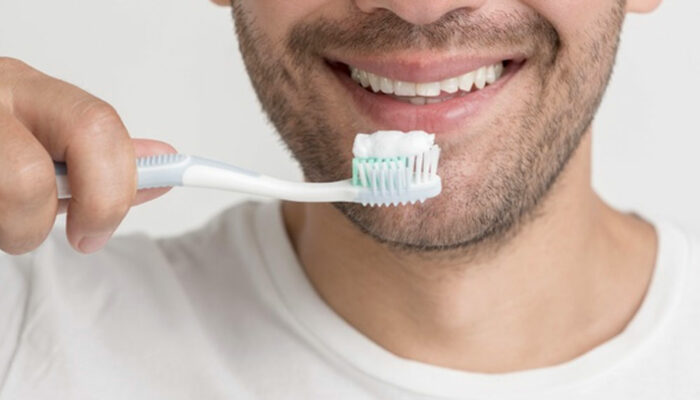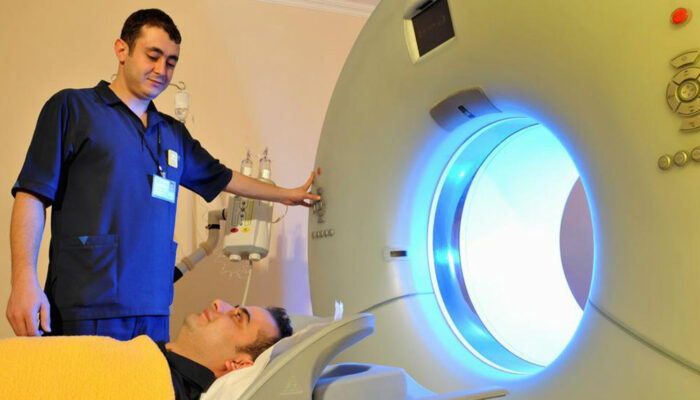
Dietary Tips to Help Manage Bipolar Disorder
Bipolar disorder is known to cause extreme mood swings. These sudden changes in a person’s mental state can more often than not have a harsh effect on their sleep, diet, and lifestyle. One should remember that there are no specific diets or foods that can help cure bipolar disorder and the resulting mood swings. But here are some diet tips that’ll help manage the symptoms of the condition.
Avoid excess caffeine
Do not consume too much caffeine. This is because caffeine has the ability to disrupt the sleep patterns and the way the mind works. It can also cause nervousness, high blood pressure, and palpitations. However, do not immediately or abruptly stop the consumption of coffee; a moderate caffeine intake will not be harmful.
Be wary of the foods you consume
People with bipolar disorder have to take medication to manage their drastic mood swings. So, before consuming certain food items, make sure that they will not react negatively with the prescribed medication. Always consult with the doctor about foods that need to be avoided.
Control the salt intake
If one has bipolar disorder as well as high blood pressure, they need to keep an eye on the amount of sodium that is consumed. One should also ensure to not cut it out completely, especially if they have a prescribed medication that contains lithium. This is due to the fact that if there is lower salt in the foods consumed, the amount of lithium in one’s bloodstream will increase.
Avoid fats
Some cuisines include a lot of meats, fats, and trans fats, which can easily put a person at risk for various heart diseases, obesity, and diabetes. It also affects the absorption of the prescribed medication into the system, which is why one should stay away from this style of eating. Instead, one should consume foods that are high in nutrients and fibers. Such foods include fruits, vegetables, whole grains, eggs, and even nuts.
Refrain from consuming alcohol
People who are usually on prescribed medication to treat mental disorders are asked to steer clear of any alcohol and other substance consumption. This is because alcohol is a depressant and is one of the leading triggers for substance use disorders. It can also have an adverse effect and interfere with the medication.
Align the medication and food
Certain medications work better if they are consumed on an empty stomach while the others are more effective when consumed after a good meal. That is why it is important to consult the doctor about when the medication can be taken.



